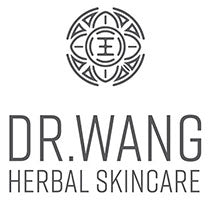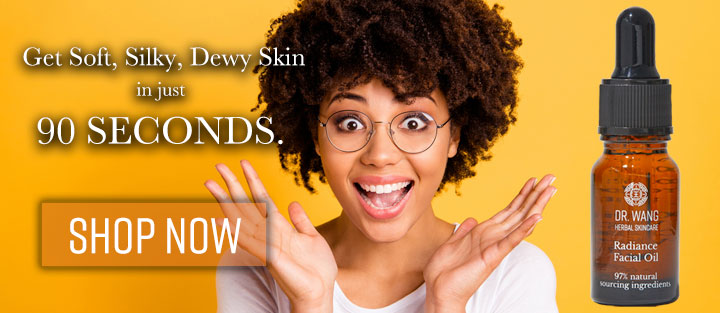Korean beauty routines have garnered international attention in recent years for their effectiveness, novelty, and simplicity. Concepts including sheet masks and the ten (10) step skin care routine are all over social media for a reason — they work. When Eastern tradition meets modern technology, the results can be astonishing. Here are some of the hottest trends in Korean skincare today.

Korean Face Sheet Masks
Face masks are a staple of traditional skin care. Whether at home or in the spa, facial masks can exfoliate, cleanse, and refresh the skin. Many individuals have shied away from face masks in the past due to cost, messiness, or the perception that it just wasn’t worth the effort. Korean face sheet masks solve those problems in spades.
Rather than a formula which must be mixed and set on the face, Korean sheet masks are cotton sheets infused with skincare products. This simplicity makes the entire process incredibly easy for at-home beauty regimens. Cotton sheets also prevent the chemical reagents in the masks from evaporating into the air before they can be absorbed into the skin.
Korean Clean Beauty Skincare Products
We often hear a simple question about skincare products: are there any chemicals in that? While the term “chemical” gets undue flak, (consider the fact that water is a chemical) the concept of clean beauty has taken off in 2019. East Asian cultures have long used simple, holistic remedies to promote healthy skin.
Clean beauty is the concept that beauty products should use natural, toxin-free ingredients. Korean beauty is all about finding effective products without all of the additives. It is quite possible to use traditional wisdom and modern technology to develop skincare products with the best of the old and the new world.

What are Hanbang Ingredients for Skincare?
Hanbang is the broad term for traditional Korean medicine. These techniques have been practiced and perfected over the millennia, mixing with Traditional Chinese Medicine (TCM) along the way. Like many ancient cultures, Korean and TCM skincare are derived from natural ingredients native to the region. So what are some of these ingredients and why are they beneficial?
Ginseng
A main ingredient in many East Asian medicines, ginseng has truly remarkable properties as both a food and a skincare ingredient. Ginseng has been shown to brighten, tone, and revitalize skin. It is often used as an ingredient in face creams and serums.
Licorice
Another commonly seen ingredient, licorice is effective to hydrate skin, remedy certain skin conditions, and offer natural protection from UV rays.
Milkvetch Root
Modern treatments often use astragalus, or milk vetch, as a dietary supplement which promotes overall health. As a skin care ingredient, it is used to reduce the appearance of scars and as an anti-aging tool.
“Skip-Care” as an Alternative to Korean 10-Step Skincare Routines
The ten (10) step Korean skincare routine has become famous recently as a cure-all for skin health. While the claims of the 10-step routine may be exaggerated, the foundation is certainly solid. The ten steps include:
- Cleansing the skin with oils
- Cleansing the skin with water
- Exfoliation
- Toner essence (pre-moisturization)
- Serum
- Hydrogel mask
- Eye cream
- Moisturizer
- Facial oil
- Sunscreen and/or night balm
This type of regimen simply is not possible for most individuals either due to budgetary or time constraints. It is much more realistic to pick a handful of steps which are most closely aligned to your individual goals. For example, some individuals may choose to cleanse, exfoliate, then use a moisturizing serum to finish their routine.
In three steps, we have effectively done the work of ten. Korean and TCM skincare is all about using natural, effective ingredients to reach fantastic results without a huge amount of effort.
Konjac Charcoal Sponge for Exfoliation
Exfoliation has long been held in high regard when it comes to beautiful, healthy skin. Charcoal masks and konjac charcoal sponges are both extremely effective at lifting and removing impurities from the skin. The natural konjac creates a gentle exfoliating experience.
Konjac, also known amorphophallus konjac, voodoo lily, devil’s tongue, konjaku, konnyaku potato, and elephant yam, is an East Asian root vegetable. Konjac fiber is simultaneously durable and easy on the skin. Sponges made from konjac fiber and charcoal combine the strength and exfoliating power of konjac with the purification benefits of charcoal. This type of sponge may be used with or without an additional cleanser.
Dr. Wang Herbal Skincare Mixes Eastern Tradition with Western Medicine
Dr. Wang Herbal Skincare is a family business started by Steven Wang, MD and Gui Wang, LAc. Our co-founders have been working together for over two decades to offer holistic, innovative, and effective skincare products. We are guided by three primary principles: formulate skincare products with proven efficacy to promote skin health, harness the power of TCM, and utilize the latest modern medical breakthroughs.
To learn more, view our family of products or read what publications like The New York Times and Reader’s Digest have to say about Dr. Wang Herbal Skincare.





